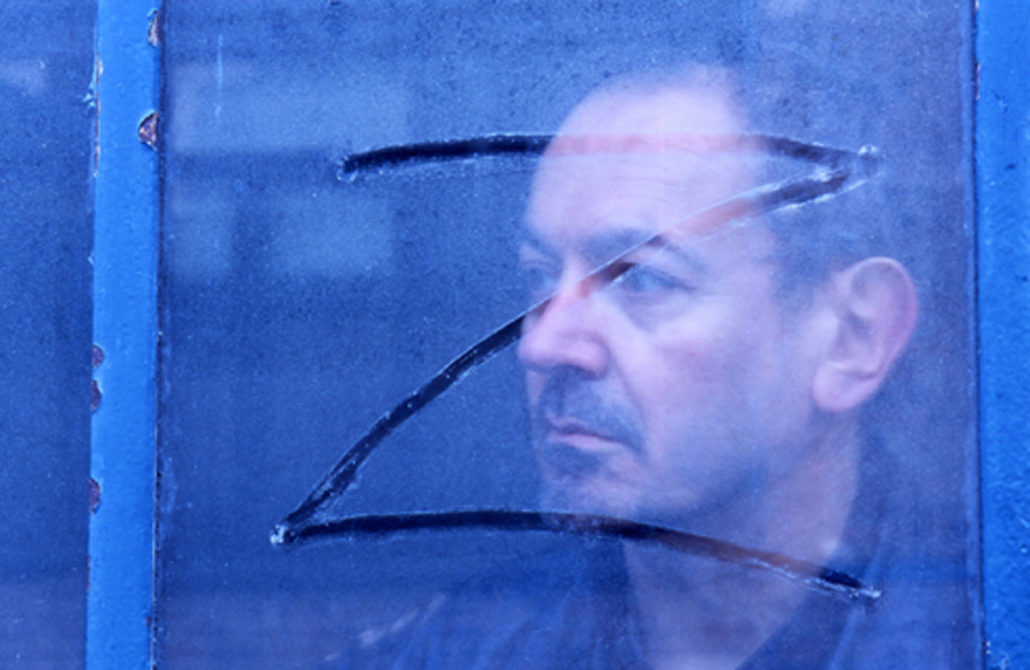
We plan to reprocess many scenes with an improved thermal noise removal procedure, which will especially impact results prior to mid-2019. Many improvements are planned for 2021 and beyond. If human intervention is needed to correct for any of these reasons, we can usually reprocess the data within a few hours, although occasionally it may take a day or more during non-business hours. Lastly, in rare instances the data feed may be missing a particular scene in a sequence for a storm observation and can cause incongruities in the combined imagery. This can lead to "land contamination" wherein coastlines are falsely interpreted as areas of high wind. Secondly, in storm scenes containing areas of land, the mask may not cover the edges completely. A primary source of error is caused by inaccurate storm center coordinates, which are only as good as the estimates derived from the preliminary storm track observations. While the STAR SAROPS Tropical Cyclone System is designed to run autonomously, there are a few factors which may introduce erroneous initial results. Please visit the original page to view the best results for those storms for the time being.
#Hector zazu archive#
As of February, 2021, the archive has been back-filled through 2016 but the storms prior to 2019 have not been sanitized thoroughly. Zazou and his collaborators have given us a record to ponder slowly, deliberately, and purposefully, yet reward us with real fulfillment in the listening experience.In late 2020 this page was developed to showcase the most recent updates to the STAR SAROPS Tropical Cyclone System and to replace the original SAROPS tropical storm demonstrator. This is deeply spiritual ambient music that has as its source of inspiration not only the land, but the human heart and its multiple secretive chambers. These ten pieces, which are poetic, spare, and expertly performed, create a seamless work, one that reflects simultaneously the deserts of Northern Africa, the mountainous loneliness of the Indian plain, and the history of the folk and classical music that comes from the region without a hint of nostalgia or artifice. The actual soundwaves are reflected back as a way of deepening the original sound made on an instrument, pushing it back into itself, to emerge as something fuller, richer, deeper, and more a matter of sound itself than the particular placement of notes and harmonics. Think of Robert Fripp's Frippertronics process without tape recorders, and with less actual repetition and more musical reportage and you get an idea. In other words, the music is mirrored to these performers only as itself, sonically reflected back, one note to the next, without enveloping, or recontextualizing the original sounds in any way.

These musicians present a fresh take on classical Indian and Middle Eastern-Asian classical music, enabled by the most subtle repossessing of the sonic environment without any additional electronic elements layered in or added in any way. They work as a unit and with sonic assistance from trumpeter Nils Petter Molvaer, percussionist Bill Rieflin (formerly of Swans, currently of R.E.M.), pianist Diego Amador, and violinist Zoltán Lantos. This set was recorded in Mumbai with a quartet of musicians called Swara who hail from India and Uzbekistan-Toir Kuziyev (tambur and oud), Milind Raykar (violin), Ronu Majumdar (flute), and Manish Pingle (Indian slide guitar). That said, Zazou may've indeed saved the very best for last. His subsequent efforts were greeted with everything from lukewarm attention in the cultural Philistine wasteland of the United States to rapt celebration in Europe, Africa, and the Far East. He finally scored in the United States with Sahara Blue, which featured his musical collaborations with a number of artists ranging from John Cale and actor Gerard Depardieu to Dead Can Dance, Bill Laswell, and David Sylvian, to name a few. Zazou made a name for himself with European audiences back in the 1980s by virtue of Noir et Blanc his brilliant collaboration with Congolese vocalist Bony Bikaye.
.jpg)
French composer and musical auteur Hector Zazou passed away shortly after completing In the House of Mirrors, his final album for the venerable Crammed label in Belgium.


 0 kommentar(er)
0 kommentar(er)
